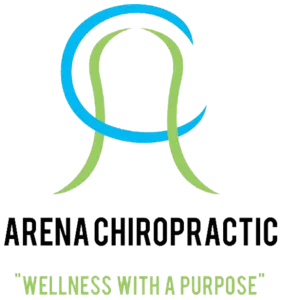Not too long ago, the Eighth Joint National Committee (originally commissioned by the National Heart, Lung, and Blood Institute) released a new set of evidence-based guidelines for evaluation and treatment of hypertension (high blood pressure). The guidelines committee, comprised of 17 academics, spent five years reviewing evidence as preparation for developing the new recommendations.
The committee’s report represents nothing less than a sea change in the treatment of patients with higher-than-normal blood pressure readings. The primary shift is from a long-held standard of implementing treatment when a person’s blood pressure is higher than 140/90 mmHg. The new guidelines recommend beginning treatment only when blood pressure readings are higher than 150/90 mmHg. The new standard is a huge modification of decades-old practice methods, and has generated substantial controversy.1.2 Of course, a good portion of the pushback is from those who have a vested interest in maintaining the status quo, such as physicians who dispense medications from their office and earn substantial income from selling antihypertensive drugs at multiples of their wholesale costs. In addition to physicians who act as pharmacies, drug companies who manufacture antihypertensive medications also stand to lose significant revenue. But aside from considerations related to the practice of medicine as a business, the real issues should be focused on the benefits and harms to patients. In this context, it may be reasonably stated that fewer medications are, by and large, a good thing.
The new blood pressure guidelines have two primary impacts. First, for people over age 60, treatment for presumed hypertension should be initiated when blood pressure readings are higher than 150/90 mm/Hg. More than 7.4 million Americans over age 60 will be in the new safe range. Many of these millions of people have been taking antihypertensive medication for years, possibly needlessly as implied by the new guidelines. Next, for all those under age 60, there is insufficient medical evidence that a systolic blood pressure (the first number in the reading) threshold exists that would dictate treatment. In other words, for many years the systolic threshold had been 140 (as in 140/90 mmHg). Higher systolic readings virtually mandated antihypertensive treatment. Although the committee expressed its opinion that the systolic threshold of 140 mmHg ought to be maintained for those younger than age 60, even though evidence for such a threshold is weak. Thus, it may be that many millions more people have been taking antihypertensive medication without such recommendations being backed by sound scientific research.
The point here is not that people should stop taking their blood pressure medication.3 All such types of decisions should be made in consultation with the prescribing physician. The main consideration is having the ability to make informed choices. Some medication regimens may be appropriate. Some may not. Some may need to be reevaluated. As always, regular chiropractic care is of value by providing you with the best opportunity to achieve maximum good health.
1Mitka M:Groups spar over new hypertension guidelines. JAMA 311(7):663-664, 2014
2Kieldsen SE, et al: Hypertension management by practice guidelines. Blood Press 23(1):1-2, 2014
3Sheppard JP, et al: Missed opportunities in prevention of cardiovascular disease in primary care: a cross-sectional study. Br J Pract 2014, Jan;64(618):e38-46. doi: 10.3399/bjgp14X676447
